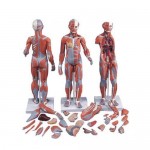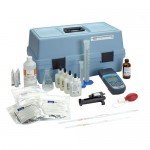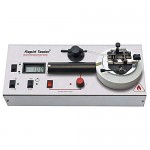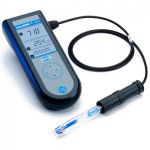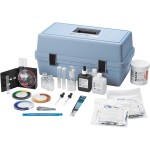
COVID-19 is now causing fever and respiratory symptoms such as coughing and loss of breath. To assist prevent the transmission of germs, you should:
- Wash your hands frequently throughout the day with soap and water for at least 20 seconds, especially after using toilet, before eating, and after blowing your nose, coughing, or sneezing.
- Avoid close contact with patients.
- Unwashed hands should never be used to touch your eyes, nose, nor mouth.
- If you have signs of acute respiratory infection, use an alcohol-based hand sanitizer that contains at least 60% alcohol.
- Stay away from work or school for at least 24 hours if you have a fever, signs of a fever, or any other symptoms, and if you have not taken any fever-reducing or other symptom-altering drugs.
- Seek medical care if you suspect you have been exposed to a corona virus or influenza. Before attending a healthcare institution, contact your healthcare provider.
You can help halt the transmission of infections by seeing materials to share with your family, friends, and community.
Populations at Higher Risk
Some persons, such as the elderly and those with significant chronic medical problems, are at a higher risk of becoming very ill as a result of COVID-19. If you are in this high-risk group, the CDC suggests that you:
- Get your supplies together.
- Stay at home as much as possible during a COVID-19 epidemic in your neighborhood to decrease your chance of getting exposed.
- Take regular steps to maintain a safe distance between yourself and others.
- When you go out in public, avoid people who are unwell, limit close contact, and wash your hands often.
- As much as possible, avoid crowds.
- Avoid non-essential flying travel and cruises.
Make a Strategy
Recommendations for preparing your home and family for COVID-19 include:
- Clean and disinfect high-touch surfaces in common areas of the home on a daily basis (e.g. tables, hard-backed chairs, doorknobs, light switches, remotes, handles, desks, toilets, sinks)
- Contact your healthcare practitioner to inquire about acquiring extra drugs to keep on hand in case of a COVID-19 epidemic in your neighborhood and you are required to stay at home for an extended length of time.
- If you can't acquire extra pills, consider ordering them by mail.
- Make sure you have over-the-counter medications and medical supplies (like as tissues) on hand to treat fever and other symptoms. The vast majority of patients will be able to recover from COVID-19 at home.
- Have adequate household supplies and groceries on hand in case you need to stay at home for an extended length of time.
- Choose a space in your home that can be utilized to segregate ill family members from others if at all feasible. If someone in the home becomes ill, place them in the prepared room.
If you are a family member or caregiver to someone who is at increased risk, you should do the following:
- Determine what drugs your loved one is taking and see if you can assist them in having extra on hand.
- Monitor the requirement for food and other medical supplies (oxygen, incontinence, dialysis, wound care) and develop a backup plan.
- Stock up on non-perishable food products to have on hand at home to reduce trips to the shop.


